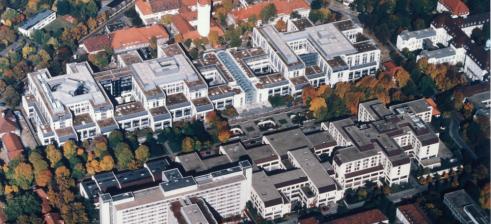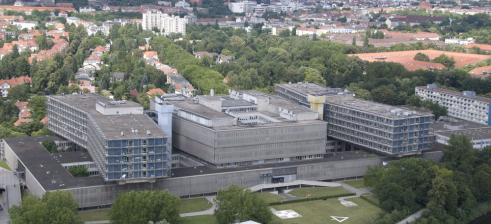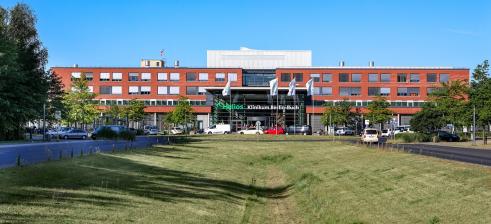Gynaecology in Berlin

Gynaecology is concerned with the female reproductive organs, e.g. the uterus, ovaries and fallopian tubes, as well as with the breasts. A wide range of diagnostic procedures are used to check for gynaecological diseases, including ultrasound, manual and visual examinations, tissue sampling and smear and swab tests. A mammography to examine the breasts is also one of the procedures performed by gynaecologists.
As well as preventive measures, gynaecology also encompasses surgical and conservative treatments, including hormone replacement therapy, contraception and family planning procedures.
Obstetrics is a distinct branch of gynaecology that supports women throughout normal or complicated pregnancy and childbirth. International patients are advised to find a suitable maternity clinic soon after arriving in Germany. Regular check-ups during pregnancy can determine whether a natural birth is possible or whether a caesarean section should be planned. If a woman gives birth in a hospital, midwives are always in attendance alongside the doctors. The midwife is responsible for the care and examinations of mother and baby after birth, answering questions about care, diet and breastfeeding.
Hospitals and doctors' surgeries
10 results
Comprehensive medical care










